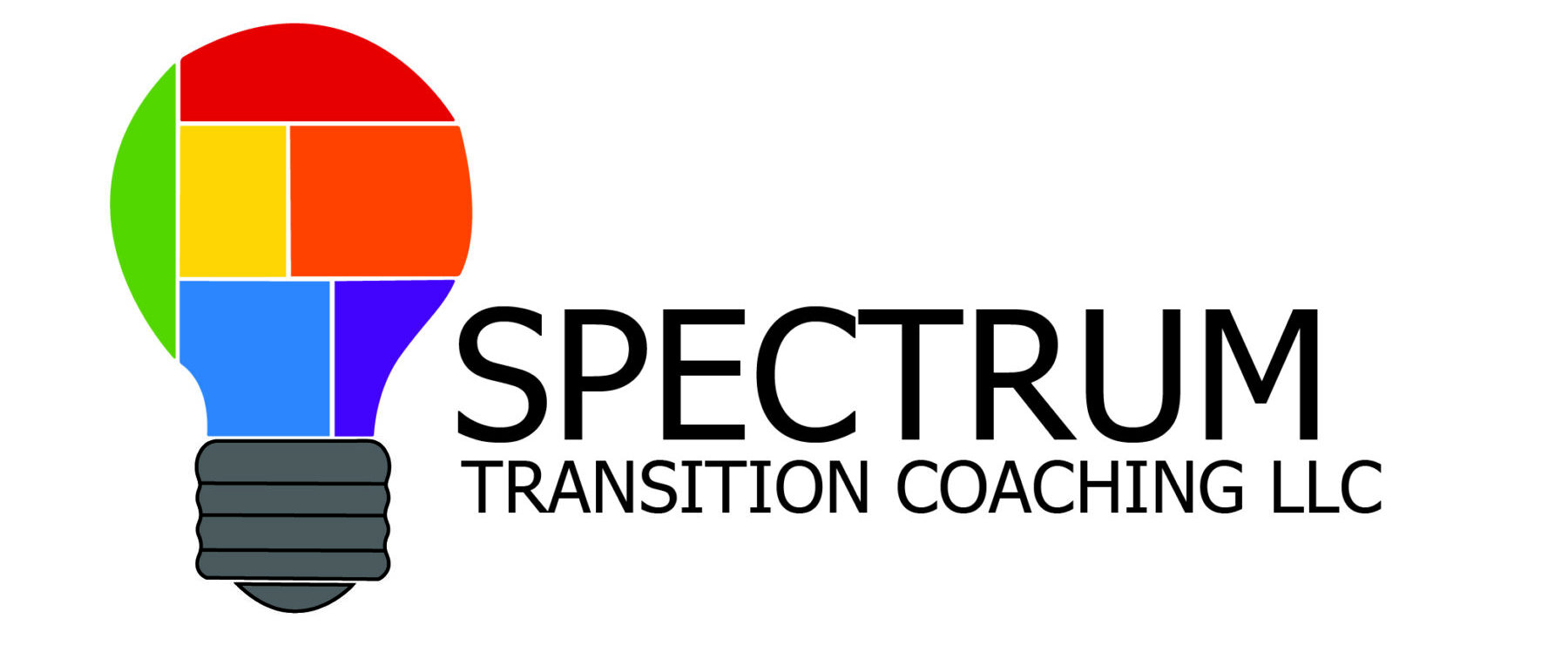Guest Post by Michelle Markman
Have you ever considered that you might have connections at companies you may be interested in working for?
Do you feel like you lack a network but do have friends, acquaintances, parents, siblings and relatives who are employed and would be willing vouch for you if a position were to open at their company?
You might have more of a network than you realize.
Leveraging your network is an amazing way to find employment. Many neurodivergent individuals find it to be challenging to gain employment by applying blindly on job search websites. “Cold” networking conversations with people you’ve never met before can be particularly challenging.
Conducting your job search process through referrals is a excellent path to finding your next opportunity. Referrals are when a person who already works at the company recommends you for employment. Generally, the process works like this:
- Create your list. Find out where all your “people” work. (Friends, family members, including extended family, significant others, parents, parent’s friends etc.)
- Do research. Explore their company websites or other job sites for open jobs at that specific company where your “recommender” works. We define a recommender as a friend or family member who will write you a recommendation if you apply for a job at the company where they work. You can also ask your recommender if there are any open jobs not listed on the website; this works best if they are in a leadership position.
- Determine your value statement. This is an elevator pitch for this specific job you are applying. A concise single paragraph that explains why you are the perfect fit for the job that may answer:
- What are your applicable skills and work experience?
- How do you fit into this workplace?
- How could you bring value to this organization?
- Example: I am a perfect fit for this customer’s service center manager position because I have extensive experience running startup businesses and experience managing small teams. I am ready to work in a larger organization and bring my broad skillset can-do attitude to a larger and more established employer.
- Discuss with your connection. Approach the person you know, who works at the company and ask them about the job opening. “Hey, I saw a job posting on your company’s website and I think I would be a great fit for it for these reasons. What do you think?” Or if they know about a job opportunity that is not listed publicly, ask questions to learn more about the role to determine if it’s a good fit for what you are looking for in a job.
- If they say no, it doesn’t seem like it aligns with your experience, dig a little deeper. Ask why not, explain how and why you think the job is a great fit.
- If they say yes, you would be a great fit, great, then ask if they would be open to writing a recommendation or providing a referral for the opportunity. Many companies offer cash bonuses for referring qualified personnel who are willing to stay at the company for a specific duration of employment so you may be helping your friend by asking for this favor!
- Inquire about the hiring manger. Get to know background information on the company – when was it founded, what are the companies’ goals, objectives, what do they do? Learn about key stakeholders in the company. Who is the executive overseeing the department you are applying to work in? What people will you be interacting with in the interview process from the initial interview screener, hiring manager, HR director etc. Get to know as much as you can about each person you may encounter about their background, education and interests.
- Example: George is the manager of the team you would like to join. He is married to Martha who manages performers at Disneyland. George loves Disneyland and often goes after work, his favorite Disney character is Jack Skellington and he has a King Charles Cavalier Spaniel named Marbles.
- Keep your friend in the loop. Once you get to the interview process, make sure to keep your “recommender” in the loop about your progress. Ask your recommender if they know the kind of questions the hiring manager will ask so you can prepare.
- Brush up on your interview questions and scripting. Interviews are a standard example of when it is common for everyone to use scripts, not just neurodivergent folks. Don’t answer the weakness question with an actual weakness. Instead, answer it with a strength that has become stronger like this, “I used to struggle with time management but now I use alarms and the calendar app, and I am always early or on time with deadlines and events.”
- Follow up. If the company seems to unsure if you are the person for the job, ask your friend to reiterate their recommendation to the appropriate hiring party. This can save a job interview process! Know that most hiring processes take several weeks if not months so it is wise to stay in touch on a weekly basis with your hiring manager. You want them thinking of you since many prospective employees are interviewed and then never reach out again. By staying in touch, you are showing you are not only interested in the job, you are also committed to showing up and doing the work.
- Send notes. Write a personalized thank you note or email after EACH interview. Send one to the HR coordinator who does the initial phone screen. Send a thank you note to the hiring manager, and to your direct manager. Usually, a thank you note is best sent with in 2-3 days of the interview.
- Thank your friend. Whether or not you ultimately get the job, thank the person who gave you the recommendation. Let them know how much you appreciate them and value having them in your life.
Plan to repeat this process many times until you find the right job fit. It can seem tedious but having a connection to recommend you during the application process and guide you through onboarding is incredible valuable!
Good luck in your job search.
Michelle Markman works with neurodivergent adults to help them discover a sense of belonging and joy. Her mission is “to help you create a life you love, appreciate and are excited to celebrate each day.” Learn more here.

